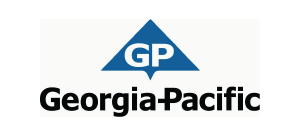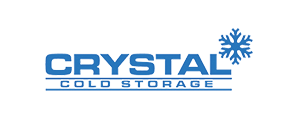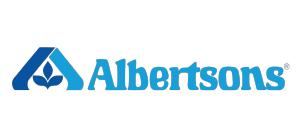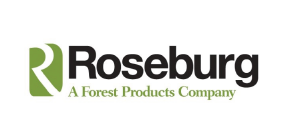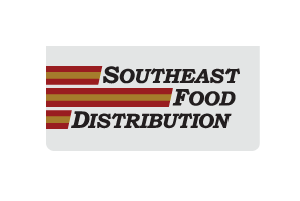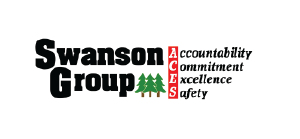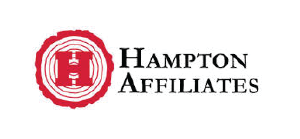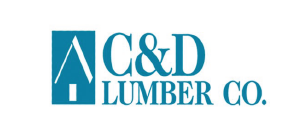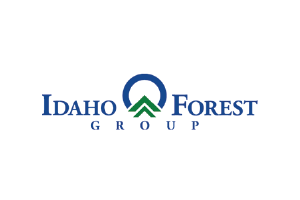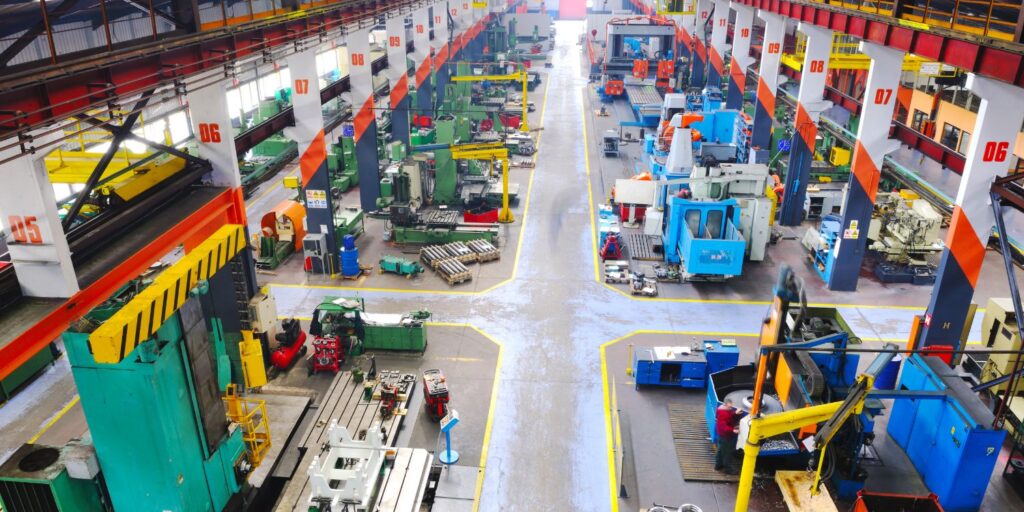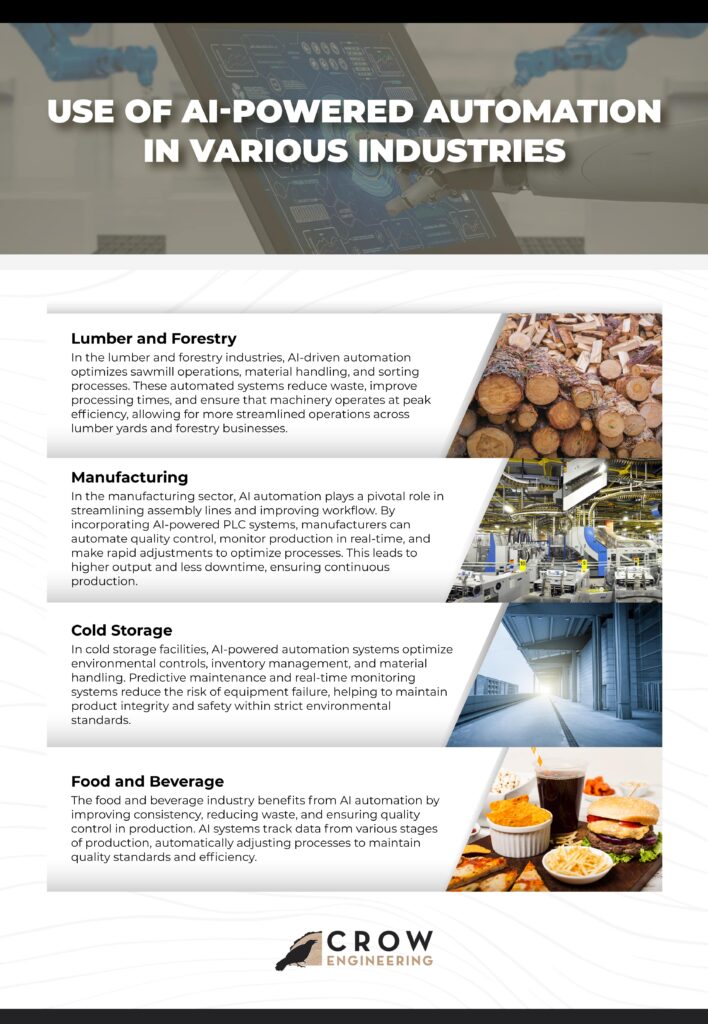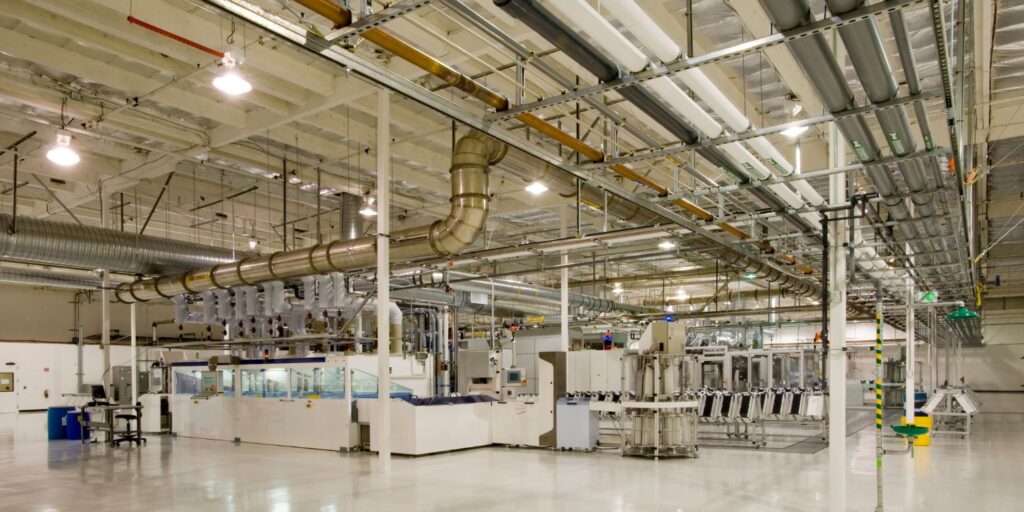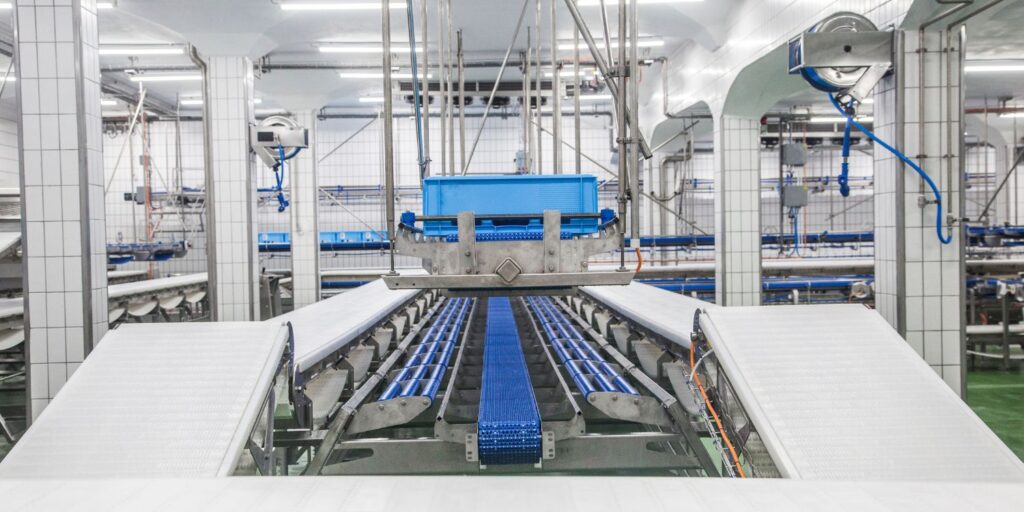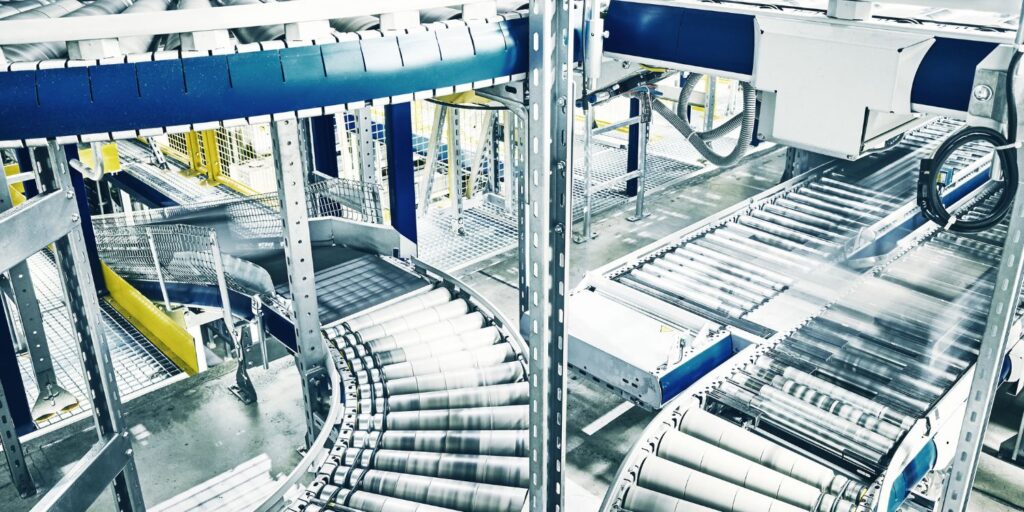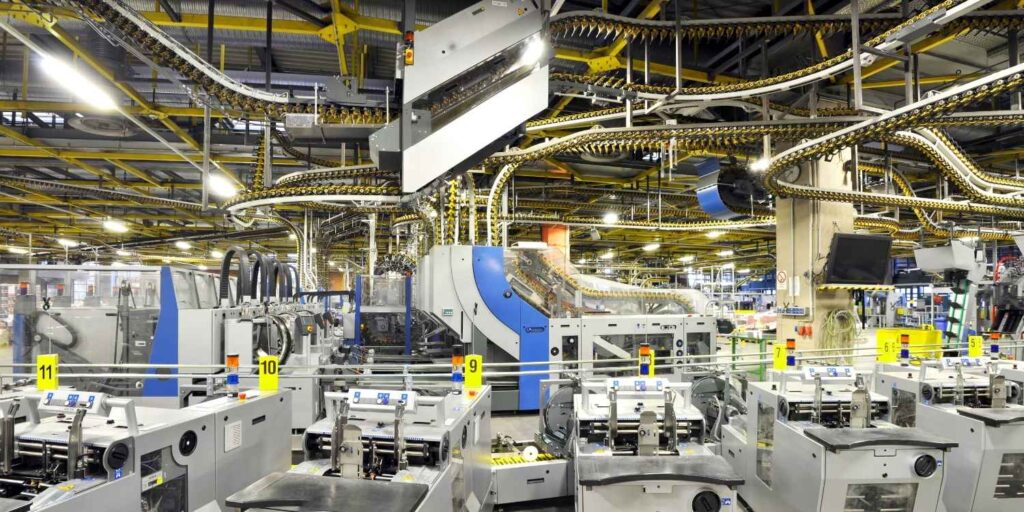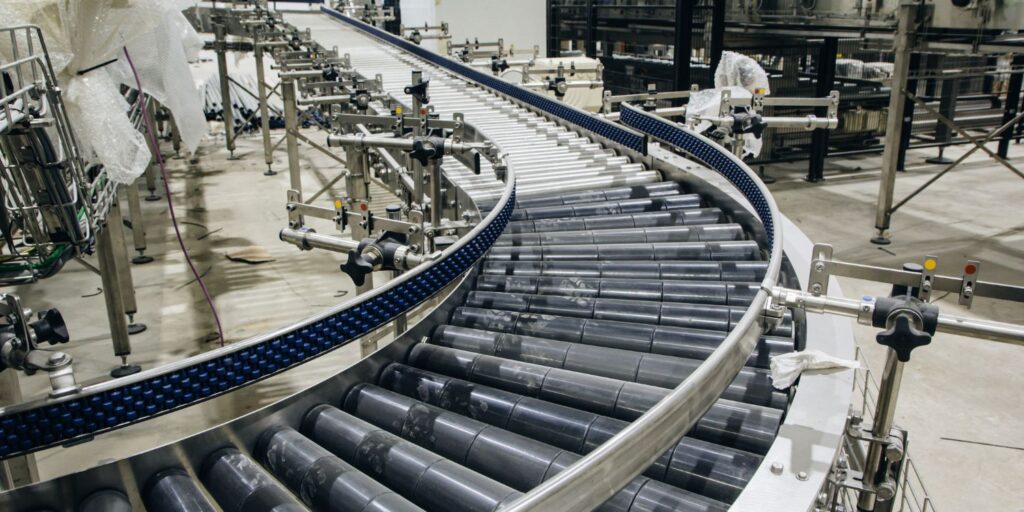Optimizing Processes is a necessity to remain competitive in any manufacturing market. Organizations across all sectors recognize the immense benefits of streamlining their operations to increase efficiency, reduce costs, and enhance overall performance.
The Many Benefits of Process Optimization
Optimizing processes entails examining and improving existing business functions to make them more efficient and effective. This long-term strategic approach can significantly impact an organization’s operational efficiency and bottom line. Here, we explore the key advantages of process optimization and how it can transform your business operations.
Increased Efficiency
The primary goal of process optimization is to enhance the efficiency of business processes. By streamlining operations and eliminating unnecessary steps, businesses can significantly reduce the time required to complete various tasks. This efficiency gain not only speeds up production but also allows employees to focus on higher-value activities, leading to increased productivity and better utilization of resources. For example, a manufacturing company that optimizes its assembly line processes might significantly reduce cycle times, enabling it to produce more units in less time without compromising quality.
Cost Reduction
One of the most tangible benefits of process optimization is cost reduction. Efficient processes consume fewer resources, which directly translates to lower operational costs. By identifying and eliminating wasteful practices, businesses can reduce overhead costs such as energy consumption, materials, and labor. For instance, optimizing supply chain logistics can decrease transportation costs and reduce the need for large inventories, thus minimizing storage expenses.
Improved Quality
Optimization typically involves standardizing processes and implementing best practices, which leads to higher-quality outputs. Streamlined processes are less prone to errors, ensuring that the final products or services meet quality standards consistently. This improvement in quality not only enhances the company’s reputation but also reduces the costs associated with rework and customer complaints.
Enhanced Customer Satisfaction
Customers expect quick, reliable, and effective service. Optimized processes often lead to faster service delivery and higher product quality, both of which significantly enhance customer satisfaction. For example, by optimizing the order-to-delivery process, a company can shorten delivery times and improve order accuracy, leading to a better customer experience and increased customer loyalty.
Increased Flexibility and Agility
In a dynamic business environment, flexibility and agility are crucial. Optimized processes are typically easier to adjust and reconfigure in response to market changes or new opportunities. This adaptability is vital for businesses looking to innovate and stay competitive. By maintaining streamlined operations, companies can more quickly implement changes, whether adapting to new market trends, regulatory changes, or technological advancements.
Better Resource Allocation
Process optimization helps organizations identify inefficient use of resources and re-allocate them more effectively. By eliminating redundancies and automating routine tasks, resources can be shifted to areas with higher return potential. This strategic allocation supports innovation and development projects, driving further growth and efficiency within the organization.
Sustainability
As businesses become increasingly aware of their environmental impact, process optimization offers a pathway to sustainability. Efficient processes typically use less energy, generate less waste, and consume fewer raw materials, which not only reduces environmental impact but also lowers costs. For example, a company that optimizes its energy usage not only cuts costs but also contributes to broader environmental goals, enhancing its corporate social responsibility profile.
Long-Term Success and Competitive Advantage
Ultimately, the cumulative effect of the benefits of process optimization contributes to the long-term success and sustainability of an organization. Enhanced efficiency, reduced costs, improved quality, and increased customer satisfaction work together to strengthen a company’s competitive position in the market. Moreover, the agility and flexibility gained through optimization prepare businesses to face future challenges more effectively.
Process optimization is an ongoing endeavor that requires continuous evaluation and adjustment. Organizations that commit to refining their operations can reap substantial rewards, achieving not just short-term gains but also setting the foundation for sustained success. The ability to optimize and adapt is more crucial than ever in the rapidly evolving business landscape.
Crow Engineering: Leaders in Process Optimization
Crow Engineering offers tailored solutions that significantly enhance manufacturing and operational efficiency. Our team of experts specializes in analyzing and redesigning workflows to eliminate inefficiencies and streamline production processes. By integrating cutting-edge technologies and proven strategies, we help clients achieve faster production cycles, reduce costs, and improve product quality. Whether it’s fine-tuning an existing operation or designing a new process from the ground up, Crow Engineering provides the expertise and tools necessary to transform your business operations and drive sustainable growth.
Crow Engineering is dedicated to helping businesses enhance their operational efficiency through expert process optimization. With our innovative solutions and experienced team, we ensure that your processes are lean, cost-effective, and perfectly aligned with your strategic goals. Contact us today to see how we can help optimize your operations for maximum efficiency and profitability.
Who are we?
Crow Engineering is a multi-discipline consulting engineering firm serving mechanical, structural, and civil engineering needs for a variety of industries.
Engineering Services
the crow connection
Recent News
The Crow Connection delivers high-level insights on engineering, automation, and process optimization, helping you drive efficiency and innovation. Covering topics like AI-powered automation, manufacturing strategies, and industrial process improvements, it’s a must-read for leaders seeking a competitive edge.


